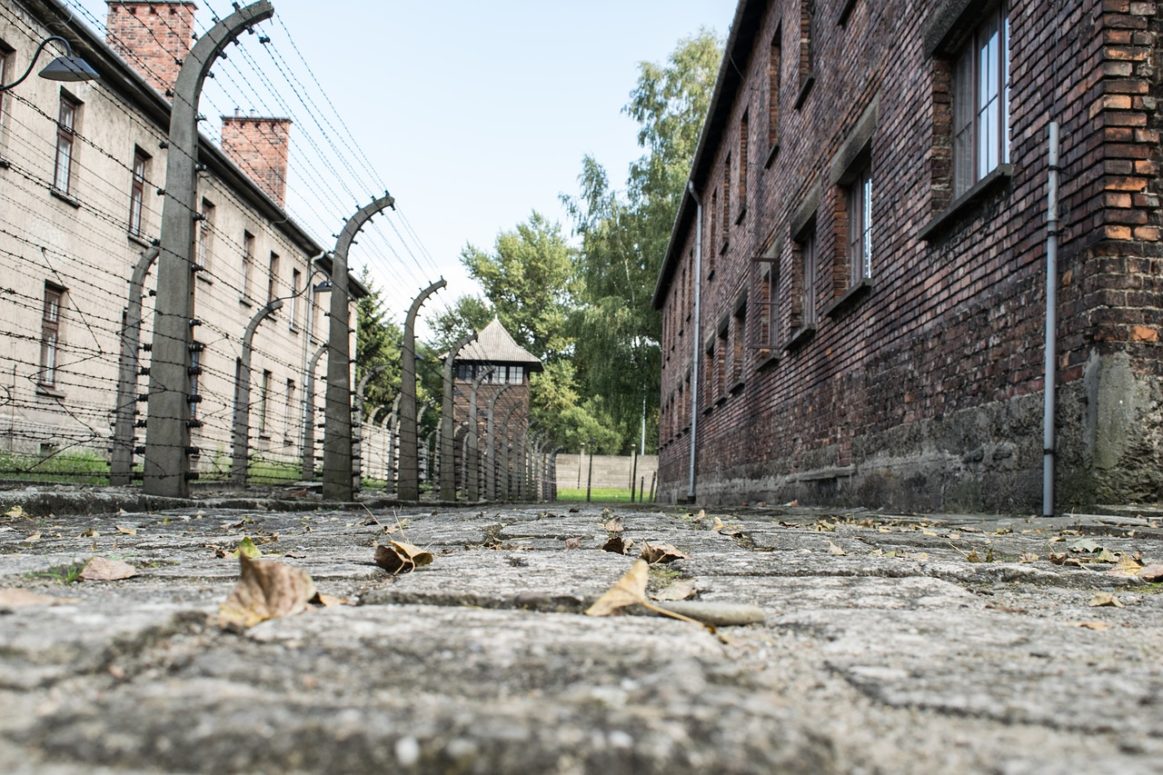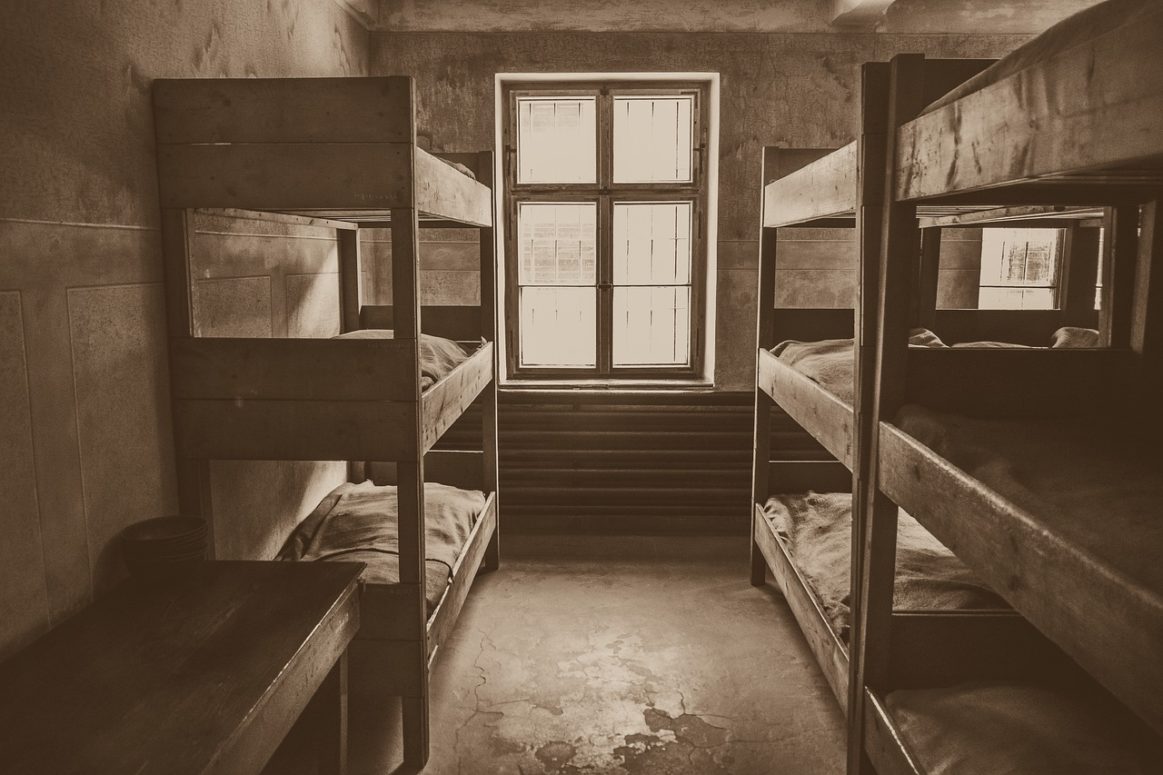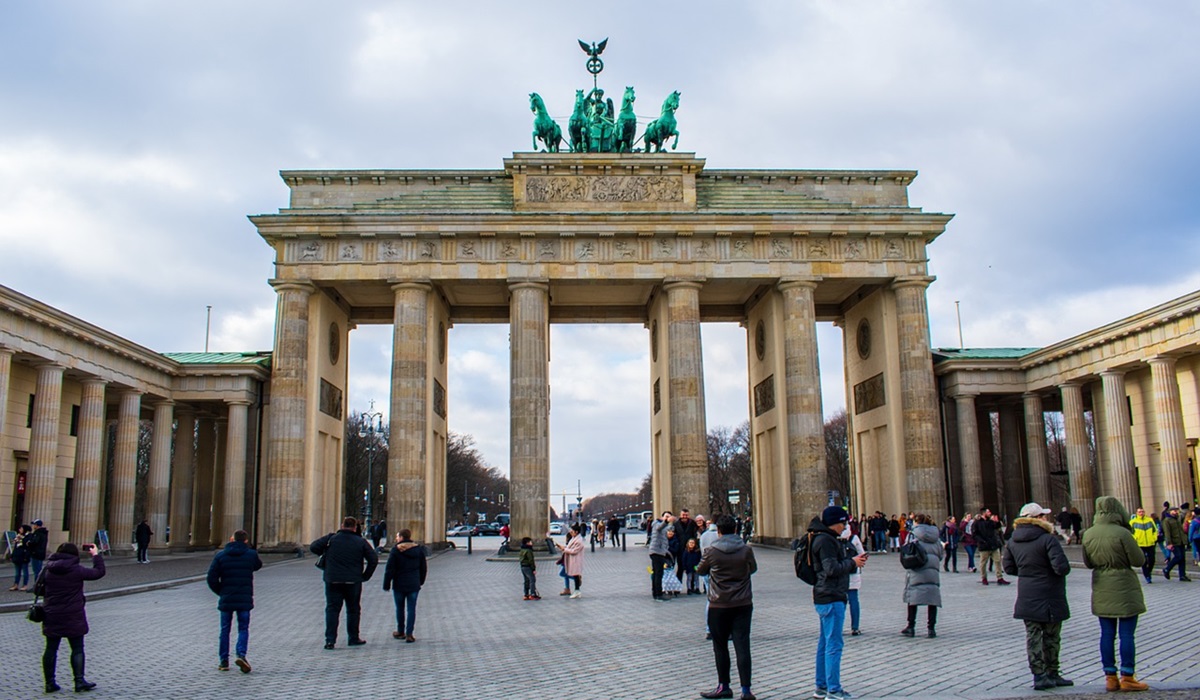500,000 Roma citizens murdered in Nazi-occupied Europe
Today’s rising hate crime and persistent discrimination towards Roma, Sinti and Travellers across Europe underlines the need to learn from the past to build a better future for Roma, as we commemorate Roma Holocaust Memorial Day.

Roma Holocaust Memorial Day on 2 August pays tribute to the Roma victims of the Holocaust. It is a time to remember the 500,000 Roma – representing at least a quarter of their total population at that time – murdered in Nazi-occupied Europe.
The Roma call this genocide Porajmos, the ‘Devouring’ in Romani.
Roma are Europe’s largest ethnic minority. But antigypsyism, hate crime, as well as hate-motivated harassment and discrimination, continue to plague many Roma across the EU, as FRA’s work repeatedly shows.
Around 4 in 10 Roma were victims of hate-motivated harassment or discrimination in the five years before FRA’s survey of Roma across nine EU Member States.
Research due out in September among six further countries will paint a similar picture.
This is a wider societal issue: nearly 1 in 2 Europeans are uncomfortable with Roma as neighbours, according to FRA’s Fundamental Rights Survey.
The COVID-19 pandemic, and government measures to control it, further revealed how entrenched antigypsyism is.
Roma Holocaust remembrance has lessons for Europe today

Some governments imposed disproportionate restrictive measures in response to identified infection cases. Prejudice further excluded many Roma.
FRA’s regular bulletins on the impact of coronavirus on fundamental rights repeatedly drew attention to such patterns. This will also be the focus of a thematic bulletin in September.
The EU’s next Framework on Roma equality, inclusion and participation, due out in the autumn, will give Member States a chance to do more to counter longstanding antigypsyism.
The evidence collected before and during the pandemic point to the urgent need to eradicate today’s prevalent prejudice, bias and intolerance towards Roma.
This also involves raising general awareness of, and acknowledging the diversity and history of the Roma people.
Honouring and respecting human rights law, and holding policymakers and governments accountable for the delivery of these legal obligations, can better protect Roma communities across the EU.
This will also be an opportunity to improve the life chances and living standards for Roma, to fully include them in society and build from the past.









